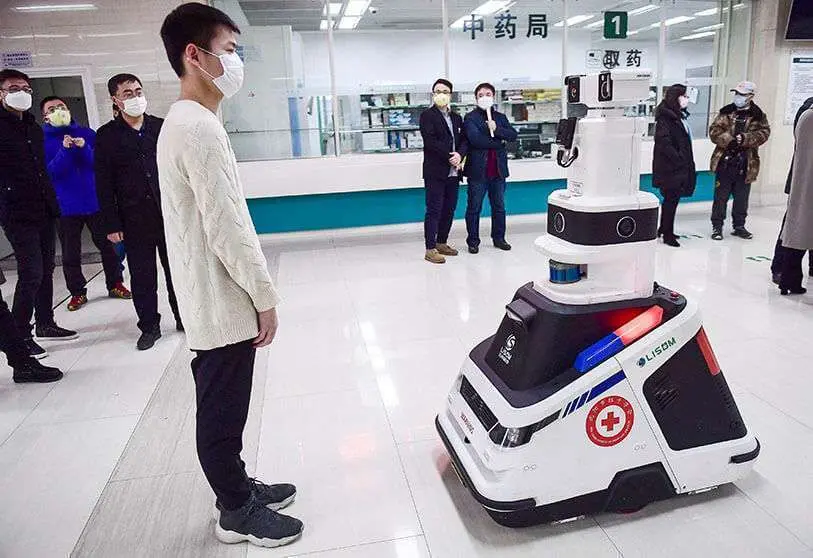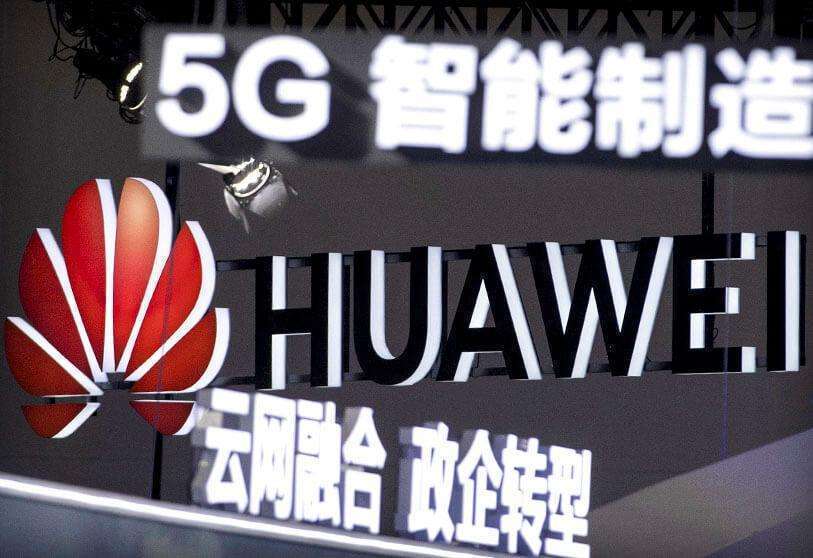The new technological trends that will mark the decade in Latin America

The gradual implementation of 5G technology, autonomous vehicles in a road intelligence infrastructure and the coexistence with robots will largely mark the next technological decade in Latin America, in a series of unprecedented advances.
The new intelligent world of the new decade will be driven by 5G technology, which will facilitate the digitalisation of the economy and people's lives, with Brazil and Mexico leading the way in new technological development in Latin America, according to the "Global Industrial Vision" report prepared by the company Huawei.
Part of the key to the new intelligent world of the next decade lies in the speed of 5G, with massive connections and high bandwidth that will allow autonomous vehicles and the network infrastructure connected to artificial intelligence.
"By 2023 the 5G network is projected to reach approximately 39% of the world's population with 3.05 billion people. By 2024, it is estimated that 3.6 billion will use the network", explains Guillermo Solomon, Huawei's Director of Transformation for Latin America.
The implementation of 5G technology with massive connections and high bandwidth in sectors such as entertainment, medical services, mining, ports and industry will enable major technological advances in the following areas:
The symbiotic economy with the cloud as its core will lead to a global digital economy where everything is shared. By 2025 all businesses in the world will be using cloud technologies and 85% of commercial applications will be cloud-based.
By 2025, according to the "Global Industrial Vision" report, 90% of people will be using personal assistants on their smart devices, with button-free access to information that will make it easier for household appliances, cars and devices to start talking and anticipate searches.
A study by Oxford Economics for Huawei draws a high-digitalisation scenario in which the global digital economy would grow to represent 24.3 percent of the world's GDP by 2025, equivalent to 23 billion dollars.
The autonomous vehicles and the connected network infrastructure will create a road intelligence system with virtual emergency lanes for private and public transport, which will gradually bring down the traffic in big cities.
By 2025, 15% of vehicles will be integrated into a cellular network technology, and 20% of large enterprises will benefit from quantum computing.

By 2025 there will be an average of 103 robots working per 10,000 manufacturing employees, doing the most mundane, repetitive, dangerous and high-precision tasks.
Robots will therefore be worked and lived with in all areas, not only in the industrial sectors.
Another trend is the so-called "super view", which will allow you to see things as they have never been seen before at work or in play or learning thanks to the fusion of artificial intelligence technologies, 5G and others.
Companies will customise products for each consumer and put an end to language barriers due to the extreme connectivity revolution, as businesses will use 86% of the data they generate from the 100 billion connected devices that will be in use by 2025.
Artificial intelligence will be used in 2025 by 97% of large companies, which will be a common tool to develop creativity and discovery through trial and error at minimum cost.
The latest trend is a standardised global digital government to protect the world's digital assets without which chaotic situations can occur.
Advances in digital technology must be balanced with shared data standards and principles for the use of that data.
"Recent months have shown that global collaboration is critical to successfully defeating the virus, whether in the medical or communications sector," said Huawei's rotating president, Guo Ping, at a forum of the GSMA, the association of companies representing the interests of mobile network operators.









